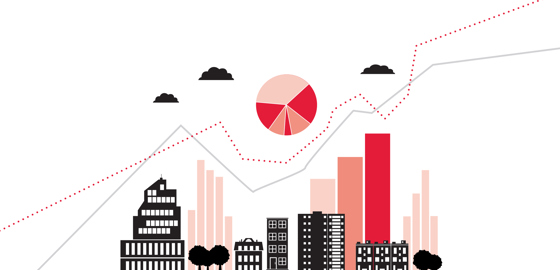More and more people are sleeping rough. Living on the streets is dangerous. It causes health problems and affects people’s wellbeing.
Rough sleeping is one of the most visible types of homelessness. Rough sleeping includes sleeping outside or in places that aren't designed for people to live in, including cars, doorways and abandoned buildings.
We think that it is possible to end rough sleeping. All public services have their role to play in preventing people from ending up on the streets. This includes health services and the criminal justice system. Find out more about the solutions to homelessness.
Our research into the scale and experience of rough sleeping including enforcement interventions.
Estimated number of people sleeping rough in England on a single night in the Autumn of 2024.
This was up by 20% from 2023.

There are many reasons why people become homeless. The lack of affordable housing, poverty, unemployment and life events, like the breakdown of relationships, can lead someone into homelessness.
When support structures that prevent rough sleeping, like emergency accommodation, are unavailable, people can be forced to the streets. Once someone is forced into homelessness, these problems can become more difficult to resolve. Find out more about what it's like to face housing insecurity and what people experiencing homelessness need.
The UK Government is trying to pass new laws that will criminalise rough sleeping on the streets with a fine up to £2,500 or even prison. The Bill aims to punish so-called ‘nuisance’ rough sleeping. People could be considered a nuisance if they ‘appear to have slept rough’, are ‘intending to sleep rough’ or if they have an ‘excessive smell’. This is appalling. It is dehumanising and unacceptable.
Together, we must put a stop to these cruel plans while we have the chance.